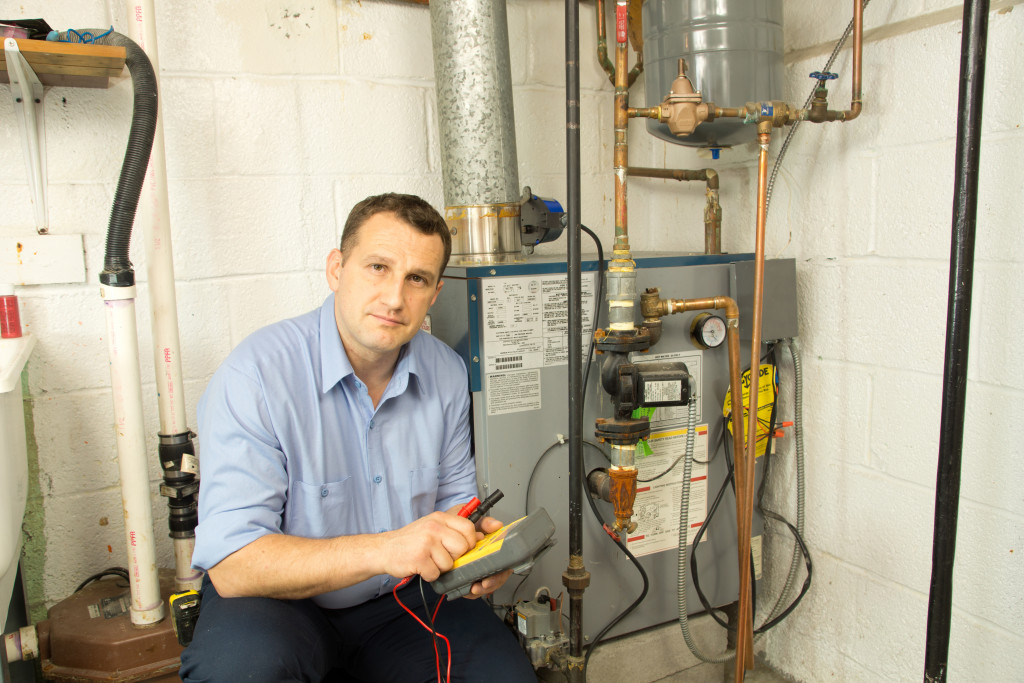Starting your own plumbing business can be a very rewarding experience, both financially and emotionally. It can also be a lot of work, so it’s essential to make sure you’re prepared for the challenges ahead.
This blog post will provide you with seven tips for starting a successful plumbing business that will help you get off to a great start. But first, let’s take a look at what it takes to be a successful plumbing business owner.
As with any business, owning and operating a plumbing company requires a certain set of skills and knowledge. First and foremost, you must be knowledgeable about the trade itself. This means having a thorough understanding of how plumbing systems work and being able to troubleshoot and repair common problems.
In addition to being knowledgeable about plumbing, you must also be adept at running a business. This includes everything from marketing and advertising to financial management and human resources. It’s essential to have a solid business plan in place before you launch your company, as this will give you a roadmap to follow as you grow.
Now that we’ve covered what it takes to be a successful plumbing business owner, let’s look at some tips for getting started.
1. Choose Your Niche
There are many types of plumbing businesses, so it’s important to choose the one that best suits your skills and interests. Do you want to focus on residential or commercial plumbing? Do you want to specialize in new construction or remodeling?
Answering these questions will help you narrow down your options and choose a niche that you’re passionate about.
2. Get the Right Training
If you don’t have formal training in plumbing, it’s important to get some before you start your business. There are many ways to do this, including taking classes at a trade school or community college or completing an apprenticeship.
Apprenticeships are especially beneficial as they allow you to learn from experienced plumbers and get paid while you’re training. Once you have the necessary education and training, you’ll be ready to start your business.
3. Get Licensed and Insured
In most states, you must have a license to work as a plumber. The requirements for licensing vary from state to state, so it’s important to check with your local licensing authority to find out what’s required in your area.
In addition to being licensed, you must also have liability insurance to protect your business from potential lawsuits. This will ensure that you’re covered if something goes wrong while you’re working on a job.
4. Choose the Right Business Structure
There are several business structures to choose from when starting a plumbing business, and the one you choose will affect factors like your liability, taxes, and ability to raise capital. The most common business structures for plumbing businesses are sole proprietorships, partnerships, limited liability companies (LLCs), and corporations.
If you’re just starting out, a sole proprietorship or partnership is likely the best option, as these structures are simpler and less expensive to set up. As your business grows, you may want to consider switching to an LLC or corporation, which offers more protection from liability.

5. Get the Right Tools and Equipment
No plumbing business can operate without the right tools and equipment. Some essential items you’ll need to include a truck or van, ladder, plunger, auger, snake, and various pipe wrenches.
You may also want to invest in some specialized equipment like a drain camera or hydro jetters. Look for durable and easy-to-use equipment, as this will make your job easier and help you avoid costly repairs.
6. Build Relationships with Other Vendors
As a plumbing business owner, you’ll need to develop relationships with other vendors in the industry. This includes everything from suppliers to manufacturers to distributors. For example, you will need a plastic bonding company to plastic weld your pipes. This list could also include a backflow testing company, a septic tank company, and more.
Having strong relationships with vendors will allow you to get the best prices on supplies and equipment, which will help you improve your bottom line. In addition, vendor relationships can provide you with a valuable network of contacts that you can rely on for advice and support.
7. Promote Your Business
Now that you have everything in place, it’s time to start promoting your business. There are many ways to do this, including creating a website, launching a social media campaign, and advertising in local publications.
You can also promote your business by offering free estimates, participating in local events, and sponsoring community activities. The more you promote your business, the more clients you’ll attract.
Starting a plumbing business can be a lucrative and rewarding endeavor, but it’s important to do your homework first. These seven tips will help you get started on the right foot and succeed in this competitive industry.


